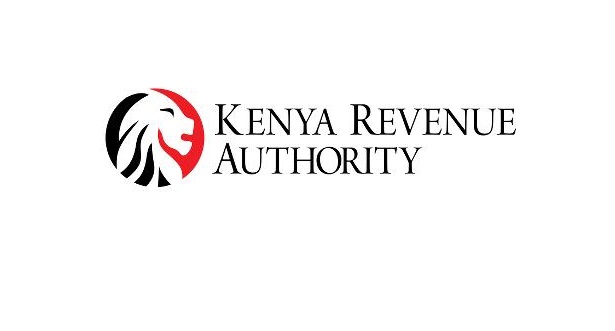advertisement
KRA roots for integration of county, national revenue systems
The Kenya Revenue Authority (KRA) has offered to work with counties in order for them to meet their revenue targets….

The Kenya Revenue Authority (KRA) has offered to work with counties in order for them to meet their revenue targets.
Speaking in Nairobi during the ongoing Annual Tax Summit, KRA Commissioner for Domestic Taxes Benson Korongo said the national tax agency has signed memoranda of understanding with a number of counties to collaborate on revenue mobilization.
Commissioner Korongo said the areas of collaboration include capacity building, optimization of revenue streams as well as smart enforcement support. “Already, we have developed a training curriculum for county revenue staff, through the Kenya School of Revenue Administration,” he said.
advertisement
Mr. Korongo urged counties to leverage on technology by integrating their revenue collection systems with those of other national government agencies. “This will facilitate counter-checking taxpayer profiles against information held in other databases,” he said.
KRA will further offer counties expertise in forecasting and determining alternative revenue streams. The nature of capacity building to be offered will be in both staff numbers and skills.
Under the theme of “Rethink, Remodel and Rebuild”, the third Annual Tax Summit seeks to stimulate discussions that focus on profound and radical change that will steer tax administration in a new direction.
advertisement
In his address at the summit, KRA Commissioner General John Njiraini said that leveraging on collaboration and technology to enhance revenue performance is “no longer a choice but a necessity”. He added that on top of linking the customs and domestic taxes systems, tax payment systems will also be linked to the government IFMIS platform.
Linking tax systems to IFMIS will ease issuance of tax compliance certificates and in turn facilitate businessmen to seamlessly apply for tenders at both national and county levels.
In a speech read on his behalf, National Treasury Cabinet Secretary Henry Rotich acknowledged the need for broadening the tax base and making revenue administration more efficient. “We need to ensure that revenue systems are interconnected in order to make use of the information in the systems. I believe this will go a long way in eliminating tax evasion and bringing each and every eligible taxpayer to the tax net,” he said.
advertisement
The three-day annual tax summit ends on 1st December, 2017 at the University of Nairobi‟s Chandaria Auditorium. Other topics lined up for discussion include: revenue opportunities in the digital economy, combating illicit trade in excisable products and netting the informal and MSME sectors.